Non-Life Insurance, also known as General Insurance, is a type of insurance that provides financial protection for individuals and businesses against specific risks other than life-related events. Unlike Life Insurance, which covers the risk of death or survival, general insurance focuses on protecting against losses and damages to assets, properties, or liabilities.

Non-Life Insurance Covers
- Property Insurance: This type of insurance covers losses or damages to property caused by events like fire, theft, floods, earthquakes, etc. It can include home insurance, commercial property insurance, and other related policies.
- Motor Insurance: This insurance provides coverage for damages or losses related to vehicles, including cars, motorcycles, trucks, etc. It typically includes third-party liability coverage and own damage coverage.
- Health Insurance: It covers medical expenses and hospitalization costs arising from illnesses, accidents, or other health-related issues. It can also include coverage for critical illnesses, surgeries, and various medical treatments.
- Travel Insurance: This type of insurance offers protection against potential risks while traveling, such as trip cancellations, medical emergencies, lost baggage, and flight delays.
- Liability Insurance: It covers legal liabilities that may arise due to third-party claims for injury, property damage, or other damages caused by the insured party.
- Marine Insurance: This provides coverage for ships, cargo, and other marine-related risks, including losses due to accidents, piracy, and natural disasters.
- Professional Indemnity Insurance: This insurance is meant for professionals (e.g., doctors, lawyers, architects, consultants) and covers them against claims arising from professional negligence or errors and omissions in their services.
- Fire Insurance: It provides coverage against losses or damages to properties and belongings caused by fire and related perils like lightning.
- Burglary Insurance: This type of insurance covers losses resulting from burglary and theft, offering protection for stolen or damaged valuables and property.
- Home Insurance: Home insurance combines various coverages to protect homeowners against damages to their homes and personal belongings due to perils such as fire, theft, vandalism, and natural disasters.
- Engineering Insurance: It offers protection against risks related to construction projects, machinery breakdowns, and any damage to engineering installations.
- Terrorism Insurance: This covers losses or damages to property and assets caused by acts of terrorism or acts of political violence.
- Livestock Insurance: This insurance provides coverage to farmers and livestock owners against losses resulting from the death or disease of their livestock.
- Crop Insurance: It is designed for farmers and provides coverage against losses to crops caused by factors like adverse weather conditions, pests, diseases, and other perils.
- Machinery Insurance: This offers protection against unexpected breakdowns or damages to machinery and equipment used in industries and businesses.
- Business Interruption Insurance: This type of insurance helps businesses recover lost income and cover ongoing expenses in the event of disruptions caused by unforeseen incidents like fire, natural disasters, or other covered perils.
- Money Insurance: This covers losses due to theft, robbery, or any other accidents involving money while it is in transit or kept in the insured's premises.
- Credit Insurance: It protects businesses against losses resulting from non-payment of trade debts owed by customers due to insolvency or other specified reasons.
- Event Insurance: It provides coverage for potential liabilities and losses associated with organizing and hosting events like weddings, conferences, and concerts.
- Directors and Officers Liability Insurance (D&O): This insurance protects directors and officers of companies from legal liabilities arising from their decisions and actions while managing the company.
Each of these insurance policies caters for specific risks and needs, allowing individuals and businesses to mitigate potential financial losses and uncertainties. It's essential to consult with an insurance professional to determine the most suitable policies based on your unique circumstances and requirements.
General insurance policies are typically offered for specific durations and require policyholders to pay regular premiums. When a loss or damage occurs within the scope of the policy, the insured can file a claim with the insurance company, which will then compensate them according to the terms and conditions of the policy.
It's essential to carefully read and understand the terms of any insurance policy before purchasing it to ensure it adequately meets your specific needs and provides the desired coverage.
